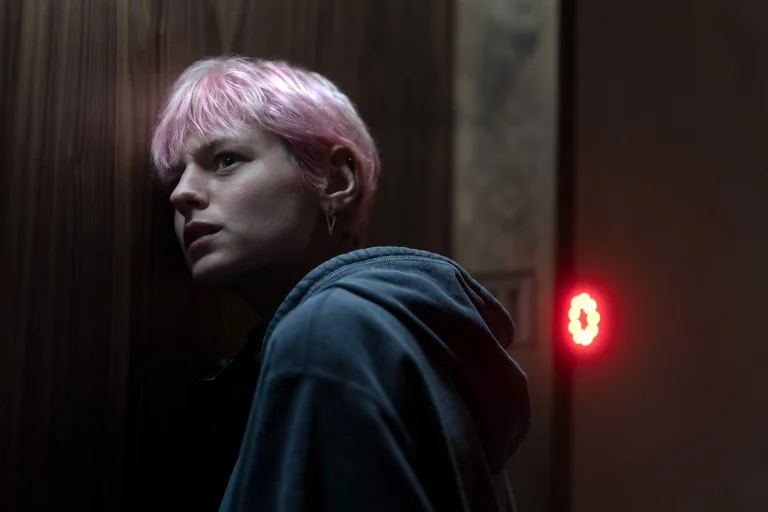“My Father’s Shadow” (2025) is among the buzziest Nigerian films in recent years, as it became the first to ever debut at the Cannes Film Festival and become the United Kingdom’s submission for the Academy Award for Best International Feature. Although it would be unfair to place such substantial responsibilities on such a modest independent production, “My Father’s Shadow” is likely a film that will be quite informative to an audience unaware of the nation’s military regime that followed the nation’s grant of independence in 1960.
“My Father’s Shadow” certainly provides a riveting perspective on the mindset of the country’s civilians as history was in progress, but it’s fundamentally a coming-of-age story about the limits of paternal love. Often moving and undeniably authentic, “My Father’s Shadow” is an extraordinary directorial debut from Akinola Davies Jr.
“My Father’s Shadow” is set amid the 1993 presidential election, in which the rise of a Social Democratic Party candidate threatened the power held by the reigning National Republican Convention administration. A disrupted election result and military coup created an untenable, dangerous situation for the residents of major cities.
It is during this groundbreaking moment that the young brothers Akin (Godwin Egbo) and Remi (Chibuike Marvellous Egbo) were given an opportunity to spend a day with their estranged father, Folarin (Ṣọpẹ́ Dìrísù), who had intended to bond with them by showing them the sights of Lagos. The political friction that emerges doesn’t just place the most gripping of parental responsibilities on Folarin’s shoulders, but forces Akin and Remi to form as tight a fraternal connection as they’ve ever experienced.
The story is clearly a personal story of brotherhood, fatherhood, and generational love that is evidenced by the film’s credits. Not only were real-life brothers cast as the main siblings, but Davies co-wrote the film with his brother Wale. The tender age that Akin and Remi are at marks a point at which they’re forced to recognize the privilege that comes with having someone who loves them unconditionally, and Folarin is forced to take great lengths to quickly prime them for maturity.
It’s a beautiful reflection on the role fathers have to teach lessons that won’t be heeded by their children for years, yet will stay with them for the rest of their lives, Masculinity is not often characterized in a positive way in contemporary media, but “My Father’s Shadow” explores a sensitive, compassionate perspective on the importance of these familial relationships.
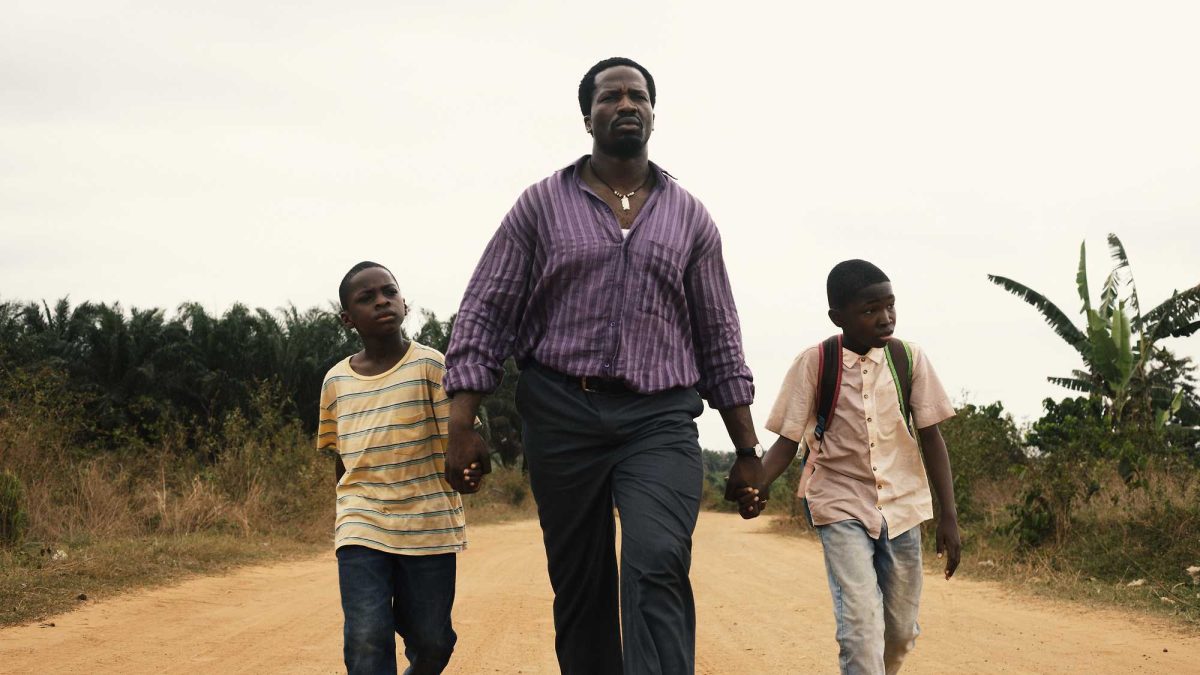
“My Father’s Shadow” may inevitably prove itself to be a thriller, but there’s significance in the fact that it’s often an observational, slice-of-life drama about what it’s like to be exposed to new experiences for young boys. Even if they weren’t amidst an impending crisis, Akin and Remi are out of their comfort zone in spending time away from their upbringing and experiencing a bustling city in which culture has converged.
“My Father’s Shadow” succeeds because it reflects the curiosity, open-mindedness, and imagination that decline after such an ample period of childhood. Although it would be expected for the Edgo brothers to have a naturalistic repertoire with one another, the relationship between the two characters makes it fascinating to see how greatly they could evolve over the course of a single day.
Also Read: 20 Best Nollywood Movies of All Time
It’s Dìrísù who gives one of the best performances of the year, as Folarin is a complex character who wasn’t necessarily planning to give such difficult lessons under the circumstances. Although there are signs that Folarin has made it a priority to balance his life in a way that would be more inviting to the presence of his sons, he’s still struggling with a chaotic employment situation and an unstable living scenario.
It’s often that fate calls upon those who feel unprepared or disregarded, and seeing Folarin rise to the challenge is quite moving. Although Dìrísù has amassed a plethora of strong credits (including a memorable role on this year’s terrific Netflix crime miniseries “Black Rabbit”), his performance in “My Father’s Shadow” marks the emergence of a true star.
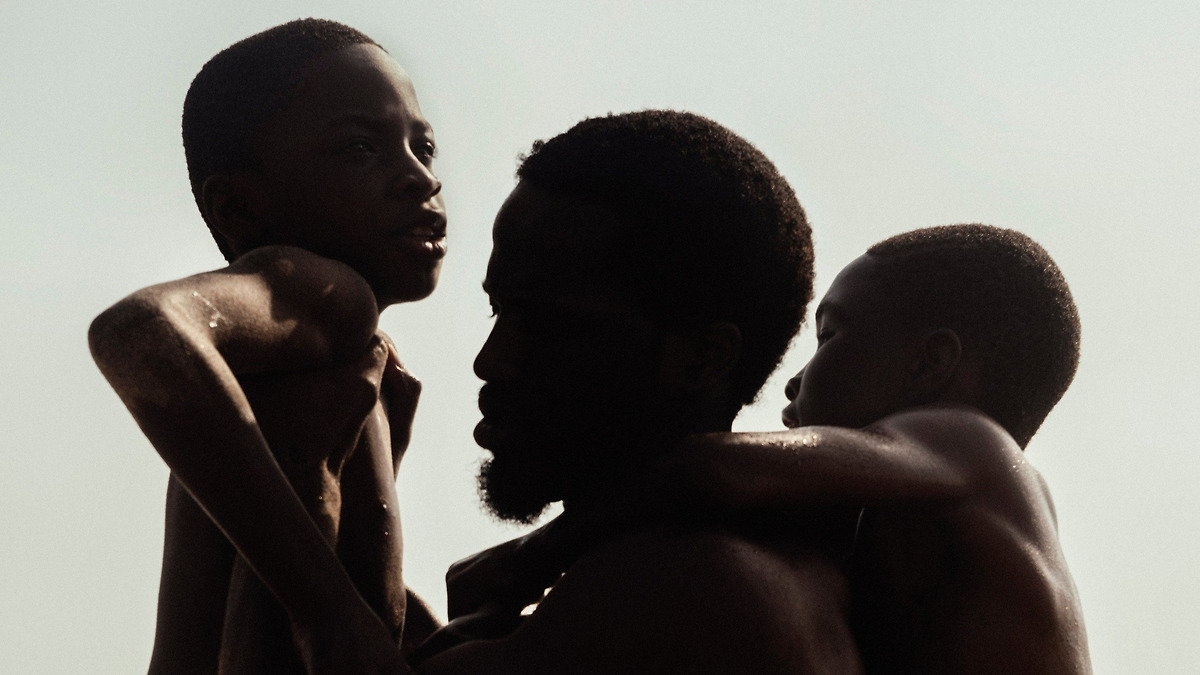
Davies is clever in providing context on the surrounding events, as it’s often that details of the election are conveyed through news programs and secondhand accounts from other characters. This isn’t only an effective means of examining what communication cycles were like during this era of Nigerian history, but allows the viewer to have the same exposure to the ongoing events as the characters do.
The initial optimism prompted by the expected victory of a more democratic leadership slowly waned away due to the frustrations of a clearly manipulated crisis that signifies the totalitarianism of the military rulers, and “My Father’s Shadow” beautifully shows how the mood of the nation’s citizens begins to spiral as the sunset approaches. While historians may be aware of the reorganization that would result in a more stable democratic republic, “My Father’s Shadow” doesn’t break the crushing feelings that occurred in the moment.
Despite the appropriate detail given to the horrifying incidents that occurred during the election, “My Father’s Shadow” still succeeds at fulfilling Folarin’s goal. His children are exposed to all the quirks and adventures of a big city, and end up recognizing the complex infrastructure that surrounds them. A moment as small as the two boys sharing ice cream with one another speaks to the cultural significance of sharing a meal, and why Folarin felt it was necessary for his sons to share in this moment. Even if it feels like a slice-of-life film, “My Father’s Shadow” is calculated to give thematic meaning to each scene.
The crisp 93-minute running time gives the urgency necessary for such a brief period of time, and appropriately fits the attention span of two young children who are only partially aware of what an influential moment they’ve borne witness to. Although there are moments of heartwarming and heartbreaking expressions, “My Father’s Shadow” does not insert manipulative emotional moments that aren’t reached by the characters themselves. The critical role that “My Father’s Shadow” will play within the development of Nigerian cinema should not be overlooked, but the film’s greatest merit is its lyrical, impassioned coming-of-age themes.


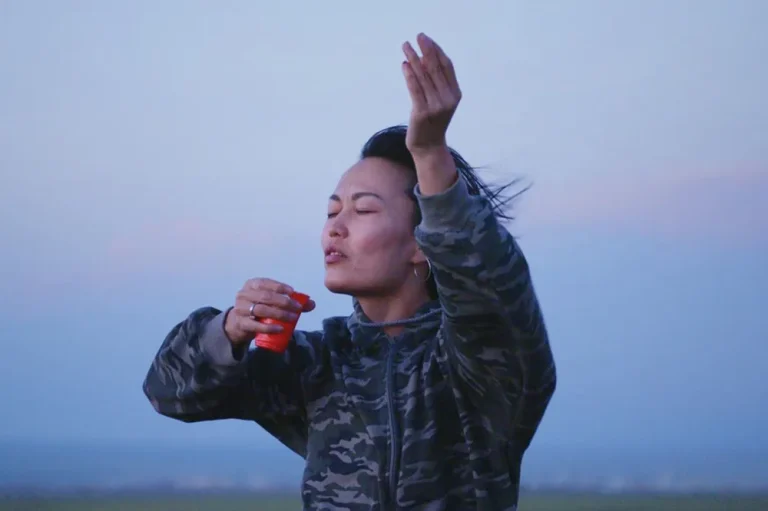
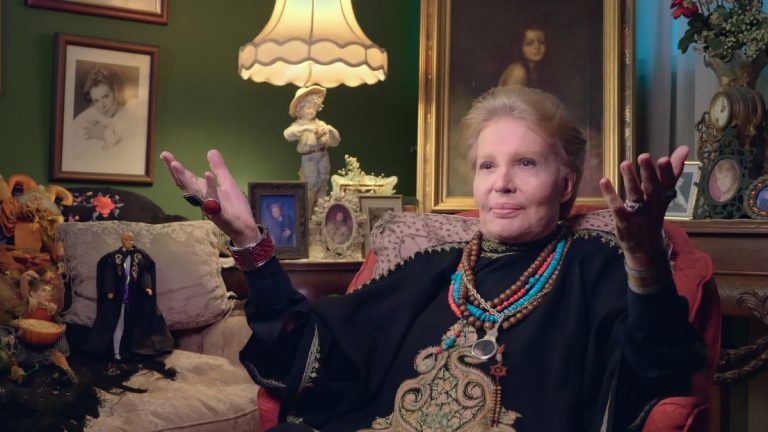
![The Woman in the House Across the Street from the Girl in the Window [2022] ‘Netflix’ Review: It Goes Downhill Rapidly](https://79468c92.delivery.rocketcdn.me/wp-content/uploads/2022/01/The-Woman-in-the-House-Across-the-Street-from-the-Girl-in-the-Window-768x432.jpg)


